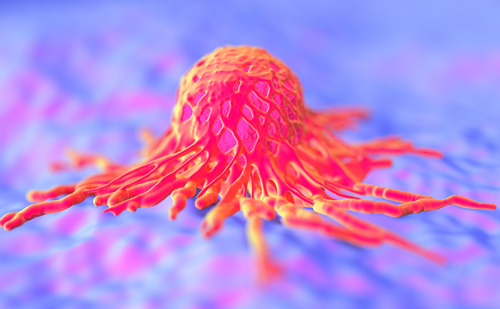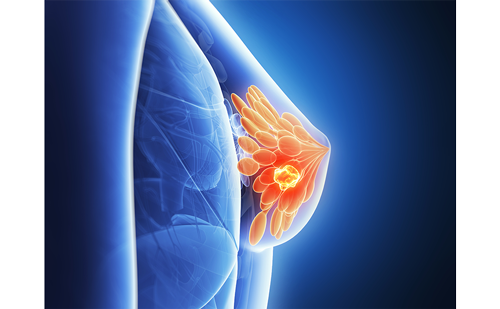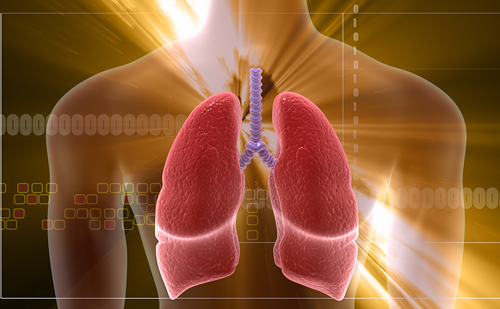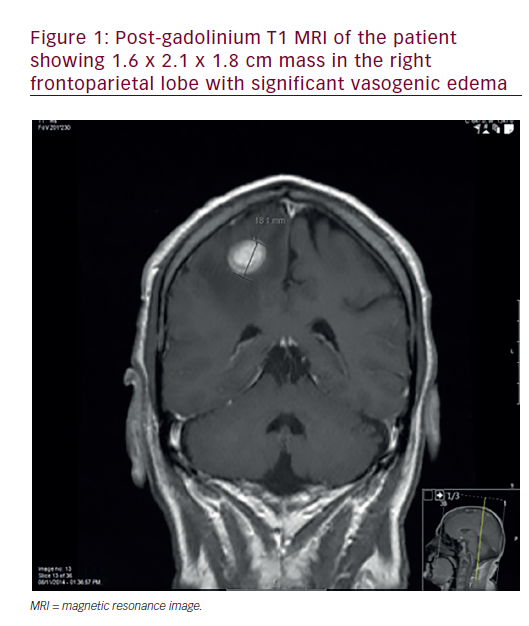In the latest edition of touchREVIEWS in Oncology & Haematology, we are pleased to present a collection of articles that delve into the latest research and advancements in the field. From innovative therapies and genetic treatments to analyses of digital patient education tools, each article contributes to our evolving understanding of complex medical conditions, offering new perspectives and highlighting the progress being made in these fields.
We begin the issue with an editorial by Jillian Simoneau and Angela Weyand discussing findings from the XTEND-Kids Study investigating efanesoctocog alfa, a novel, von Willebrand Factor-independent recombinant FVIII product therapy for severe haemophilia in children. Secondly, an editorial by Jordan Staunton and David Ziegler discusses the use of temozolomide for paediatric high-grade glioma highlighting and questioning the effectiveness of this treatment approach for its use in paediatric populations. The article raises interesting questions about alternative treatment approaches.
Next, a review by Katherine Peters summarizes adult-type diffuse low-grade gliomas treatment and how the recent results from the pivotal INDIGO trial involving vorasidenib, an oral brain-penetrant IDH mutant inhibitor, will change future treatment regimens and outcomes for patients with IDH-mutant low-grade glioma.
An informative review by Tylan Lucas, Joshua Chan and Neha Chopra discusses sacituzumab govitecan, a novel antibody-drug conjugate, for the treatment of HR+/HER2- breast cancer in heavily pre-treated patients. This comprehensive review discusses clinical trial data, the role of sacituzumab govitecan in clinical practice, and the potential impact on the treatment of patients with metastatic HR+/HER2- breast cancer.
We next delve into a review by Joud Al Karmi and Michael Gibson, highlighting the drug zolbetuximab’s potential as a firstline therapy for CLDN18.2-positive, HER2-negative gastric and gastro-oesophageal junction adenocarcinomas, discussing its mechanism of action, clinical trial results, safety profile, and the current treatment landscape.
Jeremy Kratz and Nataliya Uboha then present a review summarizing recent advances in the management of gastrointestinal cancers with the incorporation of immune checkpoint inhibitors into current treatment paradigms.
Furthermore, a review by Martin Steinberg provides an overview of gene therapy approaches to treat sickle cell disease and transfusion-dependent β-thalassaemia, and reviews exagamglogene autotemcel, an investigational CRISPR therapy for sickle cell disease and β-thalassaemia.
The issue concludes with an intriguing original research article by Fernando Diaz, Michael LaPelusa, Hansapani Rodrigo, et al. This study delves into the quality and reliability of Spanish-language breast cancer YouTube videos, highlighting the accessibility of information for patients with breast cancer and the effectiveness of its dissemination.
The editors of touchREVIEWS in Oncology & Haematology would like to thank everyone who contributed to the insightful and informative articles included in this edition. We are also grateful to all society partners for their on-going support and to our Editors-in-Chief and Editorial Board for their continued involvement and advice.
Axel Merseburger
Axel Merseburger is Professor of Urology and Chairman of the Department of Urology at University Hospital Schleswig Holstein, Campus Lübeck, Germany. After graduating from Hannover Medical School in 2002, he completed a surgery and urology residency at the Eberhard Karls University, in Tübingen, followed by a research fellowship at the Miller School of Medicine, Miami, USA (2006). He became an Associate Professor in 2009 and a full Professor in 2012 at Hannover Medical School. In 2015 he was promoted to become chairman of the Department of Urology at the University of Lübeck. He is trained in all aspects of open and endoscopic urology and has a particular interest in laparoscopic and robotic-assisted surgery, particularly for the management of prostate, renal and bladder cancer. Professor Merseburger is a member of various uro-oncology organizations and is the Chairman-Elect for the European Scholarship Program (ESUP) of the European Association of Urology (EAU) and was the Chairman of the EAU Guideline Group for Lasers and Technologies. He acts as a reviewer and editorial board member for several urology and oncology-indexed journals. His research encompasses molecular and clinical aspects of uro-oncology, with a specific interest in biomarkers and prognostic factors for prostate cancer, renal cell carcinoma, and transitional cell carcinoma. He has authored and co-authored >300 peer-reviewed articles and he is the principal investigator in multiple phase II and III clinical trials within the field of urologic oncology.







